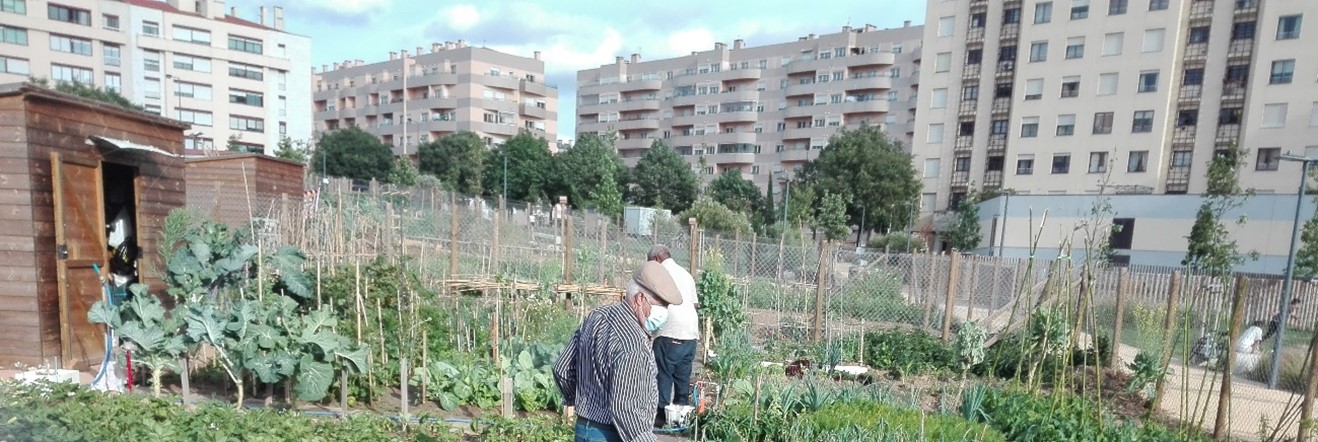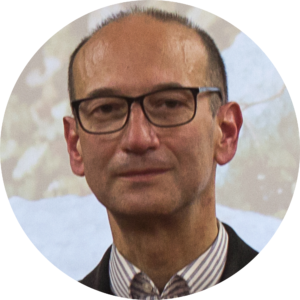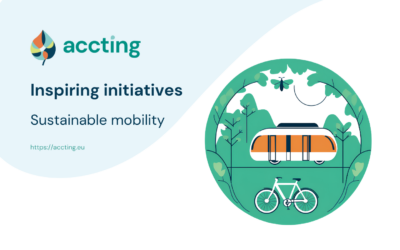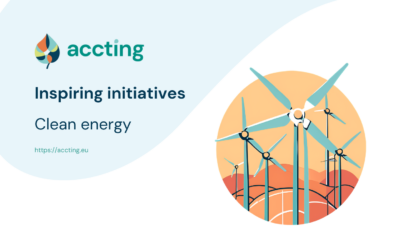Access to food is not equal across the world, as is common knowledge. Inequalities in food quality and access occur both between countries and regions and among people from different socioeconomic strata within the same territory. Quality here is a comprehensive matter, as it refers not only to aspects of food security, but also to adequate, healthy and sustainable diets (which involve both food safety and security), contributing to quality of life. This is developed in context and calls for action focusing on vulnerable groups.
If these are general conditions, in Europe there is recognition of a series of challenges to food quality and sustainability that led to the “Farm to Fork” Strategy, within the scope of the European Green Deal [European Commission, 2019]. Accordingly, we may recognize that acquisition and consumption of unhealthy / less healthy food, often involving long production chains, with high environmental and socio-economic costs, is a way of ignoring fundamental matters, namely the possibilities to access healthy and affordable locally produced food – thereby reducing waste and promoting circularity. Promoting healthier food consumption can therefore further both social and environmental goals.
How to respond to an inclusive sustainability challenge?
In the ACCTING project we expect to contribute to overcoming the above inconsistency through work promoting informed sustainable practices by vulnerable groups of consumers and small producers of urban and rural areas, such as low-income people, immigrants and ethnic minorities, the elderly and women.

Members of vulnerable groups cultivating urban gardens for self-consumption in Lisbon [Photo by Luís Moreno]
As part of this project, various types of bottom-up initiatives were previously recognised in several urban and rural areas in Europe, related to the access of different vulnerable groups to healthy and sustainable food. Through in-depth interviews with people in different vulnerable situations – both socially included and marginalised / disadvantaged – we seek to investigate the conditions, risks, obstacles, attitudes and practices concerning food access. Moreover, we intend to analyse both the difficulties faced by families and the existing potential for initiatives of change. These are based on different contexts and social and institutional relationships whose dynamics can influence the conditions of current attitudes and practices.
We anticipate solutions to promote food security and sustainability, as an alternative to the unsustainable hegemonic mainstream forms of supply that make conditions of disempowerment and food insecurity persist. On the one hand, those solutions involve exercises in social and environmental citizenship and local solidarity practices with different organisations. On the other hand, they will be based on careful production for self-consumption and/or acquisition, purchase & sale in short chains, better connections between urban and rural spaces, as well as the conversion of potential waste (e.g., from farmers, retailers, restaurants…) to meet economic and food quality needs, while promoting ecological efficiency and collective responsibility.
About the author

Luís Moreno is a geographer, Assistant Professor at IGOT and Researcher at CEG (University of Lisbon – ULisboa), and has carried out studies on local, rural and community development, including on the integration of immigrants. He is a member of the ULisboa University College F3 (Food, Farming and Forestry) and PhD REASOn.


